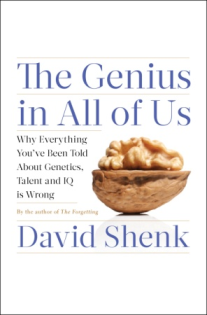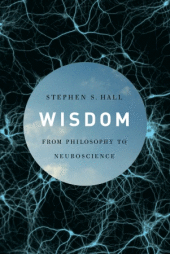- HOME
- INTRO TO THE FORUM
- BADLY WRITTEN, BADLY SPOKEN
- GETTING
TO KNOW ENGLISH - PREPARING FOR ENGLISH PROFICIENCY TESTS
- GOING DEEPER INTO ENGLISH
- YOU ASKED ME THIS QUESTION
- EDUCATION AND TEACHING FORUM
- ADVICE AND DISSENT
- MY MEDIA ENGLISH WATCH
- STUDENTS' SOUNDING BOARD
- LANGUAGE HUMOR AT ITS FINEST
- THE LOUNGE
- NOTABLE WORKS BY OUR VERY OWN
- ESSAYS BY JOSE CARILLO
- ABOUT JOSE CARILLO
- READINGS ABOUT LANGUAGE
- TIME OUT FROM ENGLISH GRAMMAR
- NEWS AND COMMENTARY
- BOOKSHOP
- ARCHIVES
ADVICE AND DISSENT
This section features discussions on education, learning and teaching, and language with particular focus on English. The primary subjects to be taken up here are notable advocacies and contrary viewpoints in these disciplines and their allied fields. Our primary aim is to clarify matters and issues of importance to language and learning, provide intelligent and useful instruction, promote rational and critical thinking, and enhance the individual’s overall capacity for discernment.
How genius is within everyone’s reach—but even wisdom, too?
Two very interesting investigative books on cognitive science went off the press this month, David Shenk’s The Genius in All of Us: Why Everything You’ve Been Told About Genetics, Talent, and IQ Is Wrong (Doubleday, 302 pp.), and Stephen S. Hall’s Wisdom: From Philosophy to Neuroscience (Alfred A. Knopf, 333 pp.).
In The Genius in All of Us, David Shenk, correspondent for TheAtlantic.com and national bestselling author of five previous books, debunks the long-standing notion of genetic “giftedness” and presents recent scientific research that shows how greatness is within the reach of every individual. Offering a strongly optimistic view of human potential, he argues that IQ tests and widespread acceptance of so-called “innate” abilities have created an unnecessarily pessimistic view of humanity and fostered much misdirected public policy especially in education.

Read an excerpt from The Genius in All of Us in The New York Times now!
Read Annie M. Paul’s review of The Genius in All of Us in The New York Times now!
In Wisdom, Stephen Hall, veteran science and society writer for The New York Times, and author of five previous critically acclaimed books, explores the mysterious mechanisms of wise decision making. He traces its history and evolution from philosophy to science in Greece, China, Israel, and India to our current understanding of it and its applications in modern education, politics, and the workplace. “Old age does not automatically confer wisdom, and being young does not necessarily preclude it,” Hall says in the book. “Put simply, we all know it when we see it; we just don’t see it very often.”

Read Jim Holt’s review of Stephen Hall’s Wisdom in The New York Times now!
ABOUT THE AUTHORS:
David Shenk is the national bestselling author of five previous books, including The Forgetting, Data Smog, and most recently, The Immortal Game. He is a correspondent for TheAtlantic.com, and has contributed to National Geographic, Slate, The New York Times, Gourmet, Harper’s, The New Yorker, NPR, and PBS.
Stephen S. Hall has been writing on science and society primarily for The New York Times Magazine for the past 25 years. He is the author of five previous critically acclaimed books, including Invisible Frontiers and Merchants of Immortality. He received the Science in Society Journalism Award for book writing from the National Association of Science Writers in 2004 and the William B. Coley Award from the Cancer Research Institute in 1998.
View the complete list of postings in this section
(requires registration to view & post)






